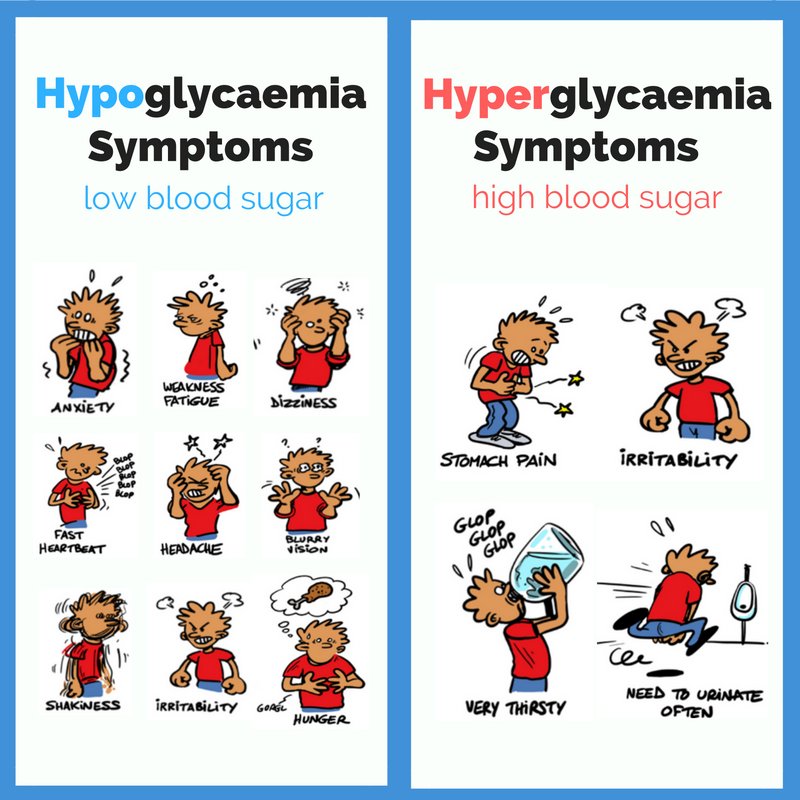
Image source: https://i.pinimg.com/736x/6c/3f/75/6c3f75172d4a321273dffb239808a97d--warning-signs-mental-health.jpg
According to research gathered by the National Alliance on Mental Illness (NAMI), 43.8 million American adults experience mental illness in a given year. That means approximately one in five adults is exposed to some type of mental illness annually. Nearly 10 million adults experience a serious mental illness that substantially interferes with or limits major life activities in a given year. The most common mental illnesses are anxiety disorders, depressive episodes, bipolar disorder, and schizophrenia.
According to NAMI, serious mental illness costs the U.S. $193.2 billion in lost earnings every year, while individuals facing these issues have an increased risk of developing chronic medical conditions. And studies of suicide often flag mental illnessas the culprit.
When you look at mental illness through the lens of these statistics, it becomes clear that these issues are relatively common in our society. Thus, rather than avoid them, we should have open conversations about how we can improve.
6 Behaviors That May Signal Mental Illness
As you can see, mental illnesses arent as rare as you may have thought. Whether you suspect you might be grapplingwith mental health issues or feel like a friend or loved one is going through something, its always helpful to understand the warning signs. Take a look:
1. Withdrawal
One of the most common byproducts of mental illness is disengagement. When the brain ceases normal functioning, people tend to become withdrawn and start focusing their energy inward rather than on the people and things around them. While everyone reacts differently, most people have issues being in social settings and do whatever they can to spend time alone.
2. Substance Abuse and Addictive Behaviors
Believe it or not, substance abuse is often a sign of mental illness. This isnt always the case, but youll find it to be true more often than not.
In most cases, people who suffer from substance addiction are also suffering from an underlying mental health disorder. Medical experts believe that people who do not know they have a mental health disorder will often self-medicate rather than seek help, says SigalSharf, the Anxiety News columnist for Anxiety.org.When people self-medicate, they become addicted and have the potential to destroy every aspect of their lives.
3. Difficulties Thinking and Concentrating
Mental illnesses cause breakdowns in the brain and prevent normal cognitive processing. As a result, people with mental illness often exhibit issues with concentration, memory, logical thought, and even speech. While its normal to have brief bouts of difficulty with thinking and concentration, prolonged problems indicate a more serious issue.
4. Unusual Behaviors
People are creatures of habit. If you notice someone close to you doing something strange or unusual for his personality, dont simply write it off. This could be a sign that something is going on inside the brain and is manifesting itself through unexpected behaviors.
5. Sudden Mood Changes
While bipolar disorder is often characterized by sudden mood swings, its not the only disease that causes these shifts. In fact, because of altered cognitive functioning, almost any mental illness can create sudden mood changes. If these mood swings happen over and over again, you might need to consider whats really going on behind the scenes.
6. Seeing or Hearing Things That Arent Real
If someone claims to see or hear things that arent real, this is one of the more obvious signs that something isnt right. Some mental illnesses are so strong that they can actually alter the reality people find themselves in. While everyone around the person knows the voice or image isnt real, its nearly impossible to convince the individual otherwise.
With nearly one in five people experiencing mental illness in any given year, its time we start treating mental illness as an area where we need to strive for clearer understanding and provide better support. By keeping an eye out for these six warning signs, we can help those around us get help when they need it.
